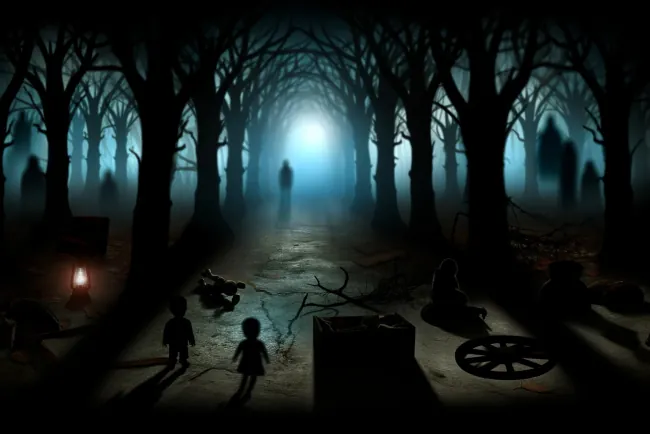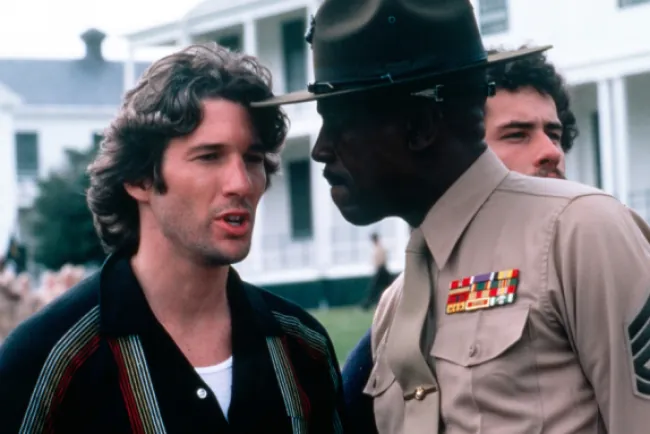Woody Allen, an influential American filmmaker, playwright, actor, and comedian, has left a significant mark on the entertainment world with his distinctive voice and creative flair. Born Allan Stewart Konigsberg on December 1, 1935, he grew up in Brooklyn, New York. His early life was marked by a love of literature and cinema, leading to a career in stand-up comedy and writing in the 1950s.
Comedy Beginnings and Stand-Up Era:
Allen first made his name as a comedy writer for television shows like Your Show of Shows and The Ed Sullivan Show. He developed a reputation for his witty humor and neurotic persona, which he carried into his stand-up comedy career in the 1960s. His routine was known for its clever one-liners, surreal stories, and humorous insights into everyday neuroses.
Film and Directorial Career:
In the late 1960s, Allen shifted focus to filmmaking, initially writing and directing comedies like Take the Money and Run (1969) and Bananas (1971). These films established his signature comedic style, blending slapstick and satire with intelligent dialogue.
However, the 1977 film Annie Hall marked a turning point in his career, winning four Academy Awards, including Best Picture. This film showcased his unique mix of comedy and introspective drama, a formula he continued to develop in other classics like Manhattan (1979), Hannah and Her Sisters (1986), and Crimes and Misdemeanors (1989).
Exploration of Themes:
Over the decades, Allen's films have tackled themes like love, death, identity, and human flaws with a mix of humor and gravitas. He often set his stories in New York, using the city as a character itself. His later works like Midnight in Paris (2011) and Blue Jasmine (2013) reflect his ability to weave fantasy and reality while exploring human vulnerabilities.
Legacy and Controversy:
Despite his creative achievements, Allen's legacy has been marred by controversy due to personal allegations and legal disputes. This has affected his public image and led to industry backlash. Regardless, his influence on cinema is undeniable, as he inspired generations of filmmakers with his storytelling approach, often characterized by layered characters, witty dialogue, and a mix of humor with philosophical undertones.
In summary, Woody Allen remains a towering figure in film history, known for his prolific output and storytelling style that deftly navigates comedy and drama. His body of work, while polarizing for some, continues to be dissected, celebrated, and criticized.























